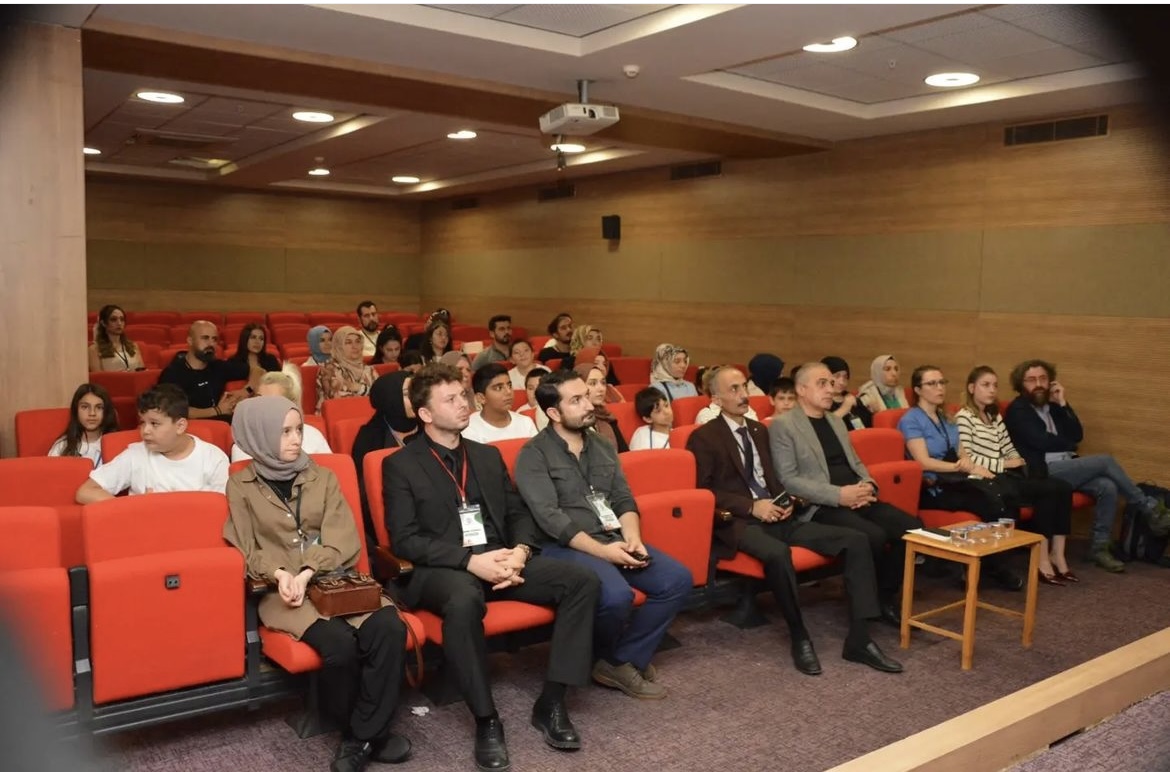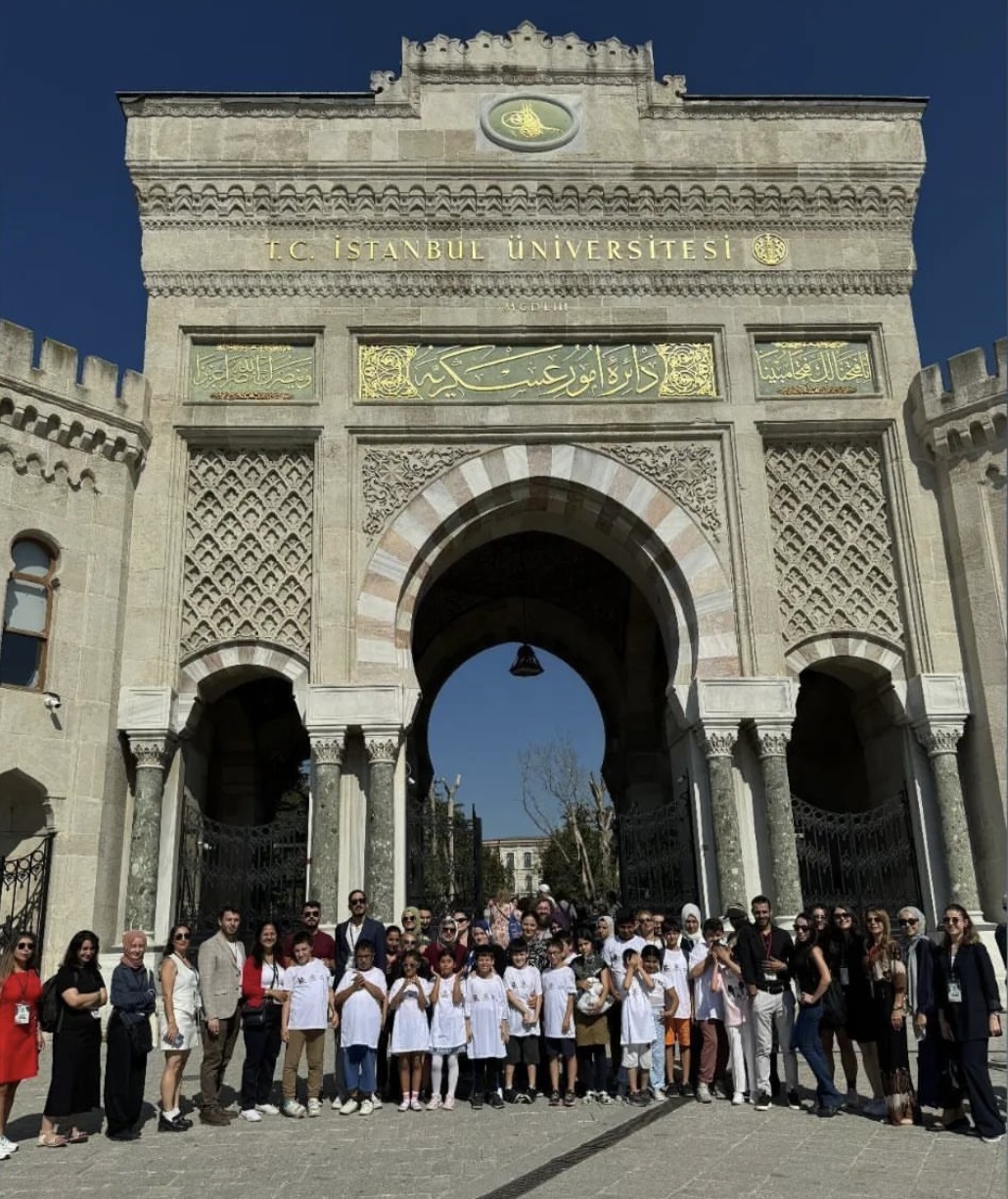Students got to know nature more closely during the field study conducted at Çatalca Doğa Science School. Students gained sensory awareness by stepping on different textures with bare feet and strengthened their connection with nature with the Horizontal and Vertical Sensory Path in the Evaluation Area. In addition, the Insect Hotel workshop was introduced and the role of insects in ecological balance was conveyed to students. These activities increased students’ awareness of nature and contributed to their development as individuals who are more sensitive to nature.
In the event organized to support the cognitive, social-emotional and motor development of students with ASD, mangala game and artistic works made with soil were carried out. In the playground prepared in the soil, students learned and reinforced the rules by playing mangala with stones they painted.
During the workshop, students both met with the soil in an interactive way and developed their motor skills by doing creative artistic works. It was observed that the students, whose social-emotional development was supported thanks to group work and nature observations, participated in the event with interest and achieved the program's goals.
Sensory Experience Activity for Children in Zoology Collection
In the activity organized in Istanbul University Faculty of Science Zoology Collection, children went on a sensory exploration by collecting natural materials such as leaves, pine cones, stones and water in nature. Children who experienced these materials by touching, smelling and visually developed their creativity and problem-solving skills.
The activity developed both fine and gross motor skills of children, while also strengthening their social interaction, cooperation and sharing skills. With the relaxing effect of nature, attention and focus time increased, while self-confidence and emotional regulation skills improved. It was observed that the activity contributed to children's adaptation to daily life.
Project Success Evaluated with Surveys
The level of achievement of the project's objectives and its effects on participants were measured with surveys and scales. The accuracy and reliability of the surveys' reflection of the project's targeted skill, attitude and knowledge changes were analyzed. The understandability of the questions, the consistency of the participant responses and the voluntary participation rates were taken into consideration.
The data collected revealed the extent to which the project achieved its objectives and its effects on participants. This evaluation provided valuable clues for the development of survey applications in future projects.



